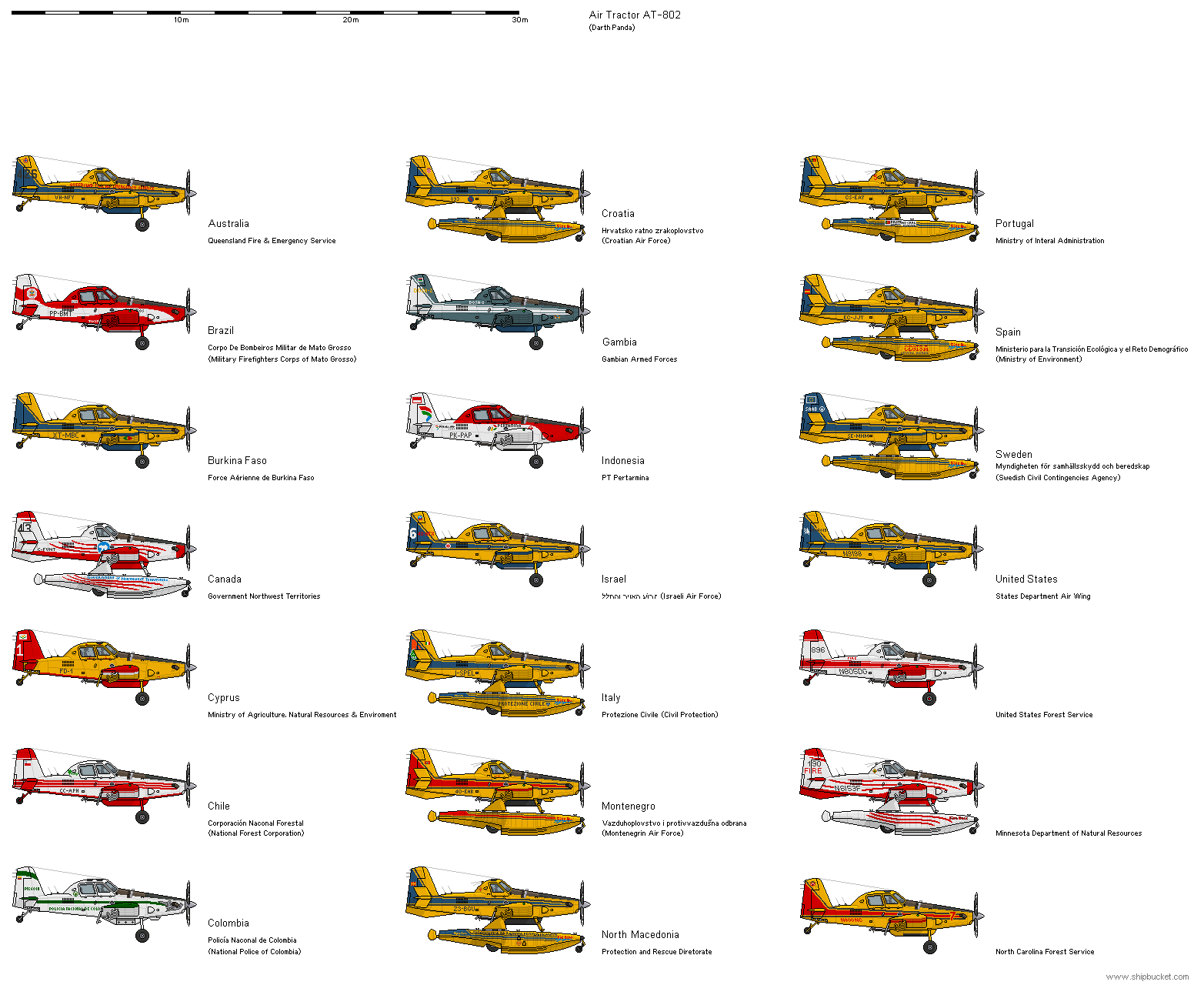In 1938 Consolidated started work on a successor to the Model 28/PBY, suitable for both civil and military use.

With the aircraft design already well progressed, the Davis high aspect ratio wing was made available and Consolidated chose to produce the Model 31 as a company demonstrator with the new wing profile to validate this new design. The wing design would become used by Consolidated on the Model 32 Liberator.
The aircraft was nicknamed the "pregnant guppy", and first flew in May 1939 powered by the new Wright R-3350 engines. The new wing met expectations, and provided a 20% increase in performance, resulting in increased range and speed. Although marketedly superior to the PBY, Consolidated found little interest from the US Navy, potentially due to the lack of Naval involvement in the design process and the introduction of the Martin PBM.
Cosolidated continued to push for a navalised version of the Model 31, modifying the prototype to accept defensive turrets and up to 2 tonnes of munitions. Eventually in 1942 the USN took over the aircraft as the XP4Y-1, and in October 1942 an order was finally placed for 200 aircraft. A factory originally intended for the Sikorsky VS-44, was allocated to Consolidated for construction, but the shortage of R-3350 engines due to their use in the Boeing B-29 led to the contract being cancelled and instead the factory used to produce more PBY's.
No aircraft other than the prototype were constructed.





